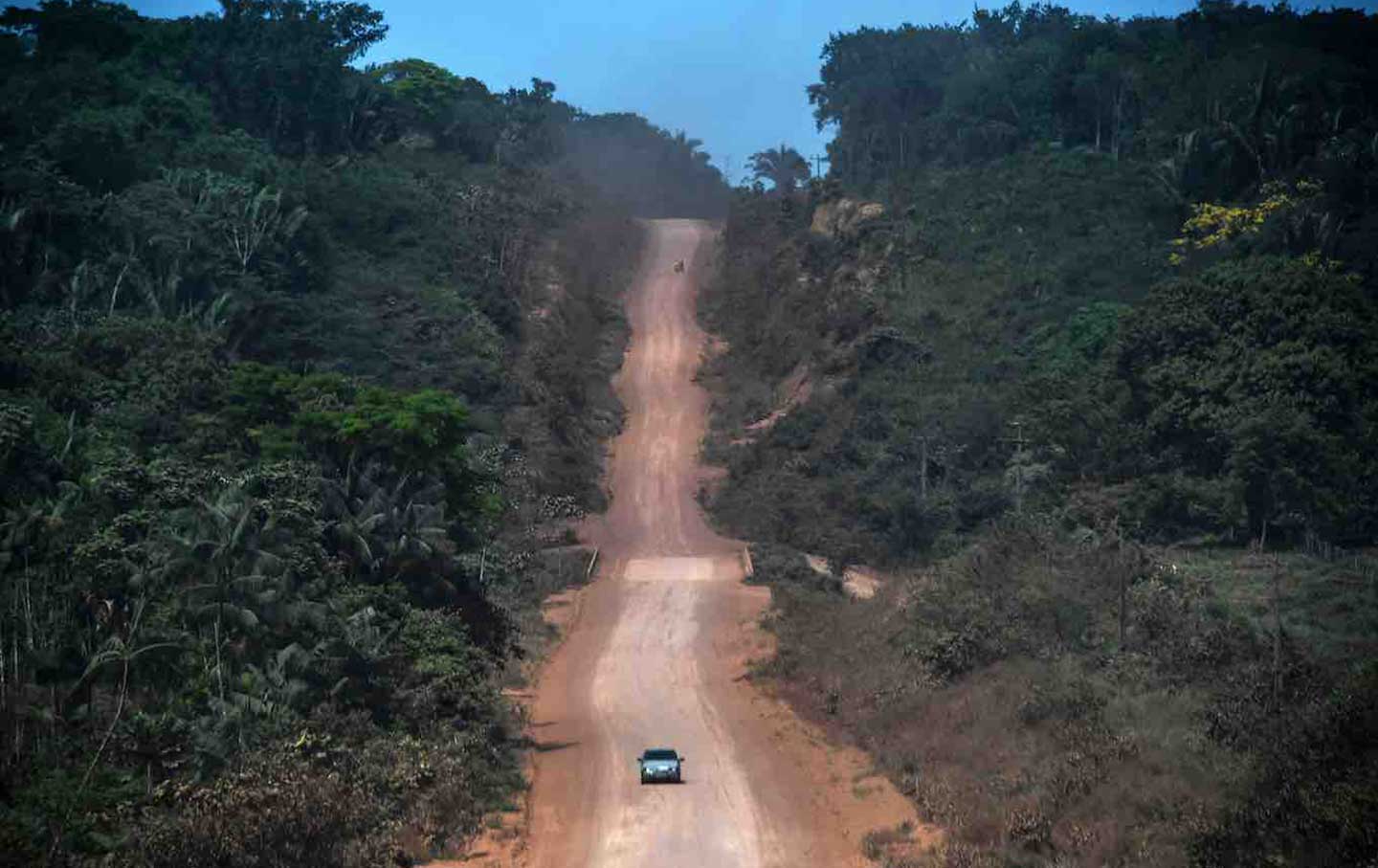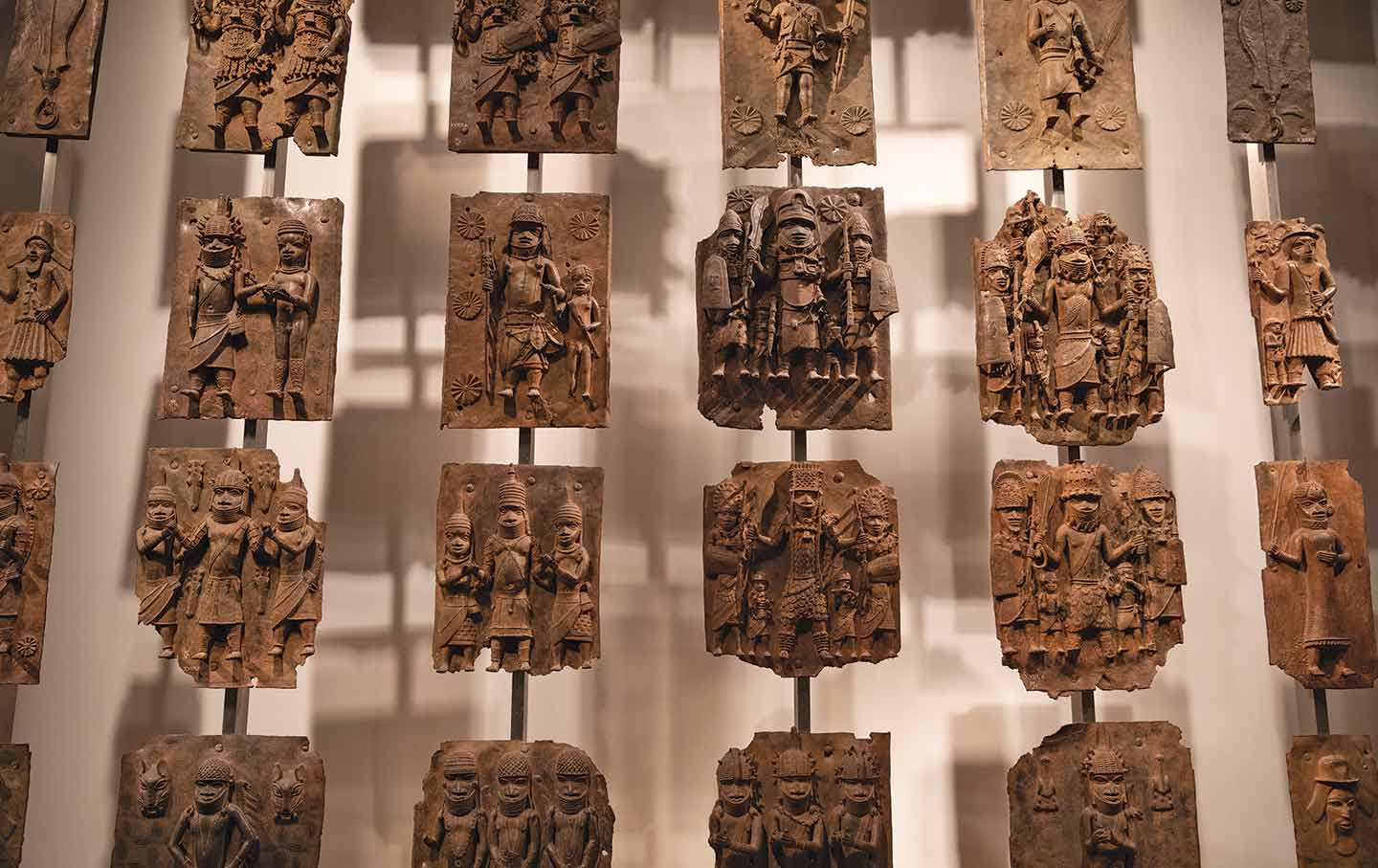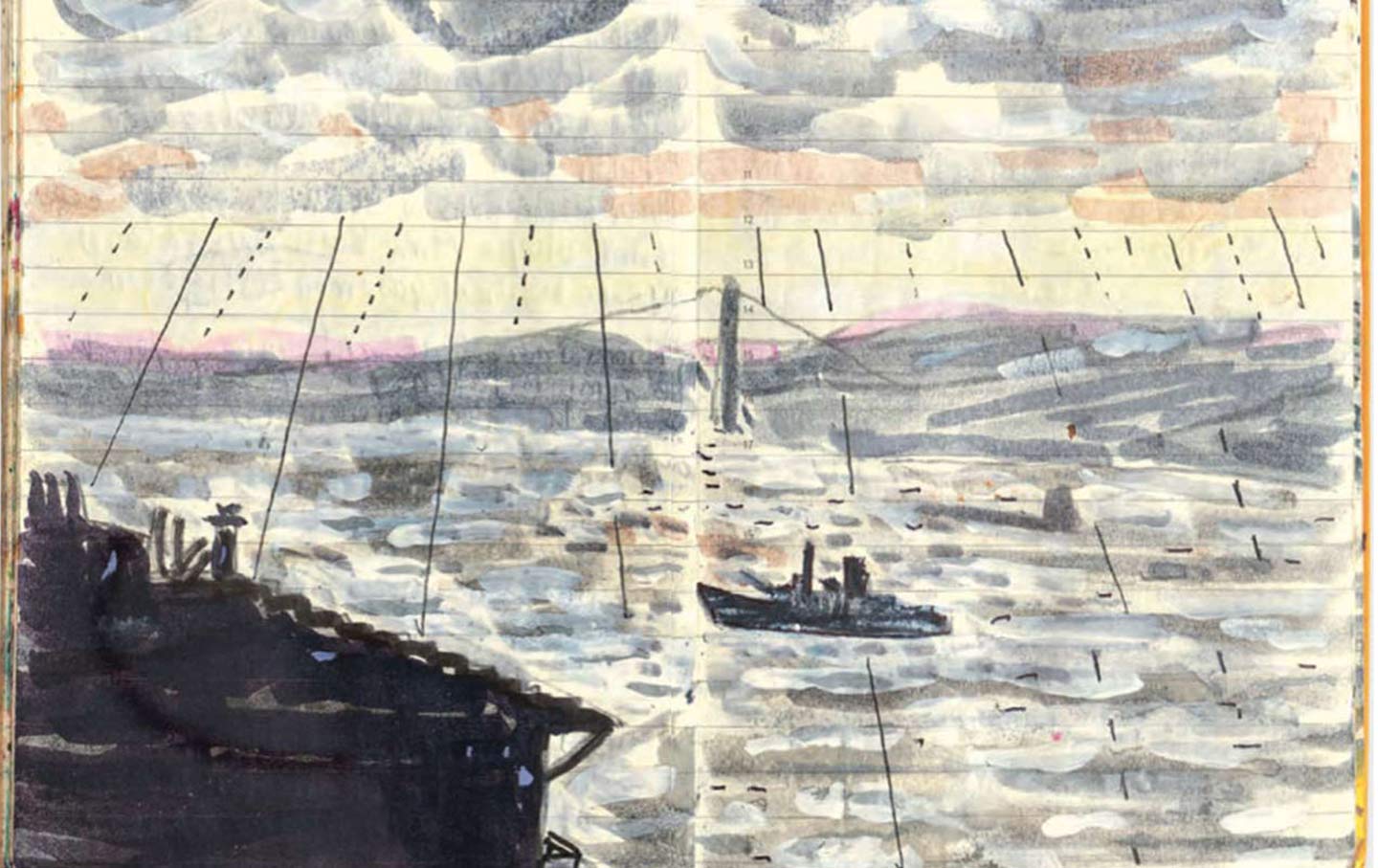Royal Pardon
Let me be untranslated matter in this
age of self-declared kings and salesmen—
this court our royal stage. How quiet the
white-hot nimble name, each upload
an upset to mortality’s unimpressed
bibliography. It feels like dead sound
the way you sculpt a lifetime through
good timing, through nobody’s hot
breath. Here lies Antoinette and
a facsimile report on the dearth of
formula water milk toilet paper bread
all gone during a juicy-sesh of self-care
slash thoughts and prayers. Headless,
we got carried away.
We had a lot to do.
While immigrants walked for miles and
immigrants bled hurricanes into boats
and immigrants without power turned
into reams of discount paper at Target’s
Big Blowout Labor Day Sale. Remember
worst nightmares as uncollected social
security? Me neither. I’m trying to save
up enough vacation time to sleep forever,
but a knife’s at my back most days, at the
edge of mother’s maiden name. And
five nights out of seven, my neighbor’s
outside breaking down Amazon boxes
while the cat pleads the fifth,
sleeps ‘til noon.
Surely, you know, sire, I jest. I’m just a
simpleton, a citizen, a sure-bet sidepiece.
All I want is your decent-blooded love.








